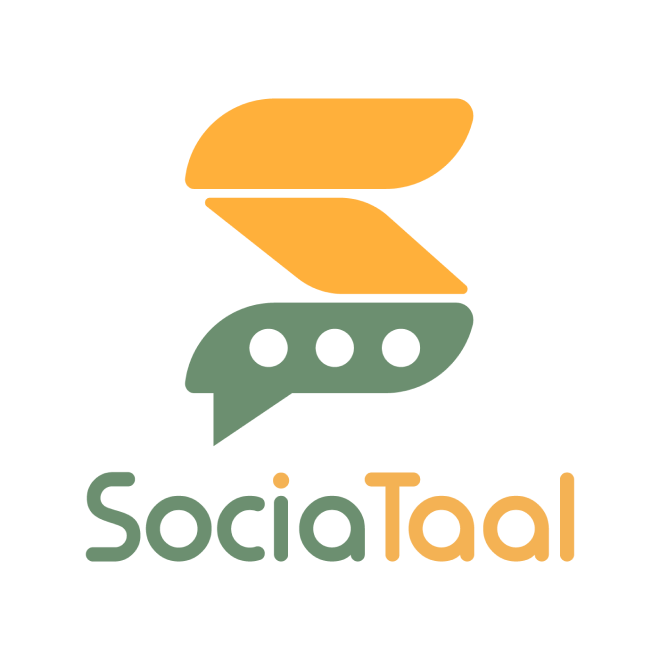What Are Modal Verbs in Dutch?
| Dutch | English Meaning |
|---|---|
| moeten | must / have to |
| willen | want (to) |
| kunnen | can / be able to |
| zullen | will / shall / making offers |
| mogen | may / be allowed to |
1. Moeten – "must" / "have to"
Examples of moeten:
2. Willen – "want (to)"
Examples of willen:
3. Kunnen – "can" / "be able to"
Examples of kunnen:
4. Zullen – "will" / "shall"
Examples of willen:
5. Mogen – "may" / "be allowed to"
Examples of mogen:
📝 Vocabulary Recap
Real-Life Conversation Examples
🌍 Cultural Note
Ready to Speak Dutch Confidently?
FAQ: Modal Verbs in Dutch
They’re irregular! For example:
- Ik wil, jij wilt, hij wil (willen)
- Ik kan, jij kunt, hij kan (kunnen)
- Ik moet, jij moet, hij moet (moeten)
- Ik zal, jij zult, hij zal (zullen)
- Ik mag, jij mag, hij mag (mogen)
Yes!
- Ik wilde (I wanted)
- Ik kon (I could)
- Ik mocht (I was allowed)
- Ik moest (I had to)
- Ik zou (I would)
Absolutely. They’re standard, but you can adjust politeness with words like graag or even.
